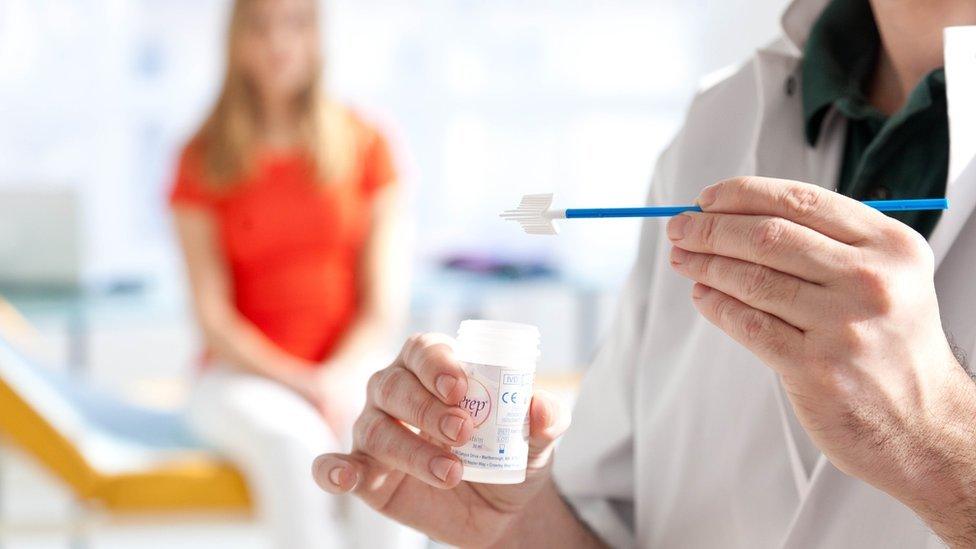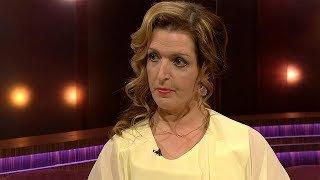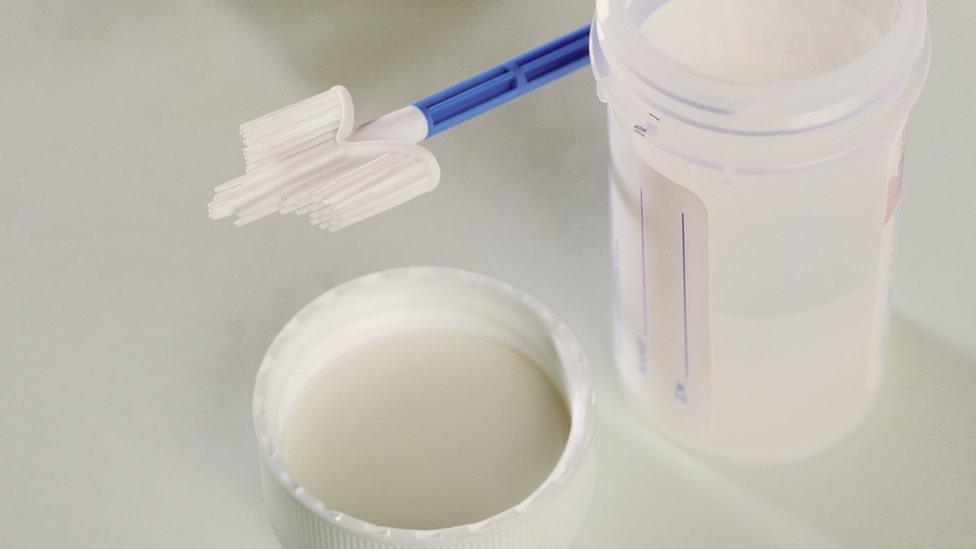Republic of Ireland's cervical screening to be investigated
- Published

The investigation follows the revelation that 208 women diagnosed with the cancer should have received earlier intervention
The Republic of Ireland's cabinet has agreed to an independent investigation into failures in the state's cervical cancer screening programme.
It follows the revelation that 208 women diagnosed with the cancer should have received earlier intervention.
Seventeen are now dead and 162 were not notified of independent audit results.
Last week an Irish woman was awarded 2.5m euros in a High Court settlement against a US laboratory over a false negative smear test in 2011.
Vicky Phelan, 43, from County Limerick, who has terminal cancer, was only informed of the misread test last year.
Speaking on RTÉ's Ray D'Arcy programme on Saturday, Mrs Phelan said she discovered there was a mistake with her smear test results when she was reading her own medical file.

Vicky Phelan discovered a mistake on her smear test
Detailed tests for Ireland's CervicalCheck screening programme, which has operated for the last 10 years, normally take place every three years but because of a backlog they were outsourced to a US company.
This company normally carries out less detailed tests but does so every year to compensate for that lack of detail.
The US company, however, continued to test Irish samples every three years.
The lower detection rate in the US laboratory was brought to the attention of the country's Health Service Executive (HSE) but appears not to have been acted upon.
Swift resolution
The government has apologised to the women affected after opposition politicians publically raised the issue several times.
Several complained that the state had not done enough to ensure an earlier settlement with Ms Phelan.
However, the High Court judge praised all parties in the case for bringing the matter to a swift resolution.
Others have asked why women were not informed earlier of their false tests results with some GPs and CervicalCheck apparently each believing it was up to the other to do so.
The CervicalCheck director Prof Gráinne Flannelly resigned on Saturday.
Head of the HSE, Tony O'Brien, previously announced his intention to retire from the post by the end of the summer.
Speaking today on RTÉ radio's Seán O'Rourke show he rejected calls for him to stand down ahead of his planned retirement.
A helpline set up by the HSE has taken calls from more than 8,000 women.
- Published24 July 2017
